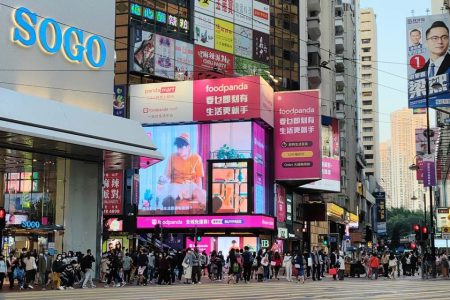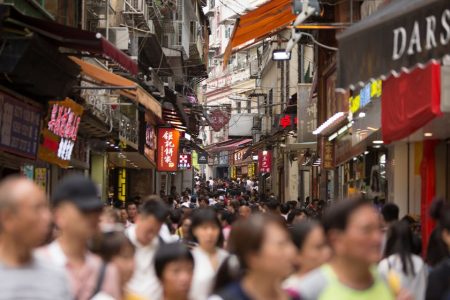Despite a first quarter growth rate of 5.3 percent, all is not well with the Chinese economy, according to the president of the Shanghai University of Finance and Economics, Liu Yuanchun, who notes that the country is currently dealing with disequilibrium, as well as non-economic pitfalls.
In a South China Morning Post report, the senior government advisor was quoted as saying that the pandemic had adversely affected the country’s economy at a level that was “deeper and broader than expected.”
Liu noted that there were various indicators of this, including the need for the authorities to make structural changes to the economy at a pace that exceeds expectations, as well as the drop in “the fiscal standing of local governments.”
The economist also mentioned that China’s producer price index in March had fallen 2.8 percent compared to the same period last year, which was another sign of its economy’s imbalance.
Reference to the property market was also made, with Liu stating that China’s property market was continuing to slump, with the amount of investment and sales witnessing a year-on-year drop of 9.5 percent and 27.6 percent respectively during the first quarter.
[See more: China is in danger of deflation, experts say]
“Risks will intensify [in 2024],” Liu said in a separate report. “The troubles facing the property sector are not going anywhere.”
Liu also mentioned that there were “seismic shifts” the likes of which the world has never seen and that the non-economic dangers that they posed to China’s economy outnumbered the economic ones. Some of these risks include the ongoing tension that China is facing with the US and its allies, as well as its declining birth rate.
Despite the grim assessment, other economists, including Stephane Grand of SJ Grand Financial and Tax Advisory, offered a more optimistic outlook for the Chinese economy, telling the Post that there had been a bounce back in the investment rate of overseas small and medium-sized enterprises in China over the past several months.
Indeed, a study organised by the American Chamber of Commerce in South China earlier this year found that over half of the foreign firms surveyed were keen to continue doing business in China.
This year, China has set itself the goal of increasing its GDP by 5 percent, a far cry when compared to the over 10 percent growth that its economy enjoyed for over 30 years after its opening up in the late 1970s.




